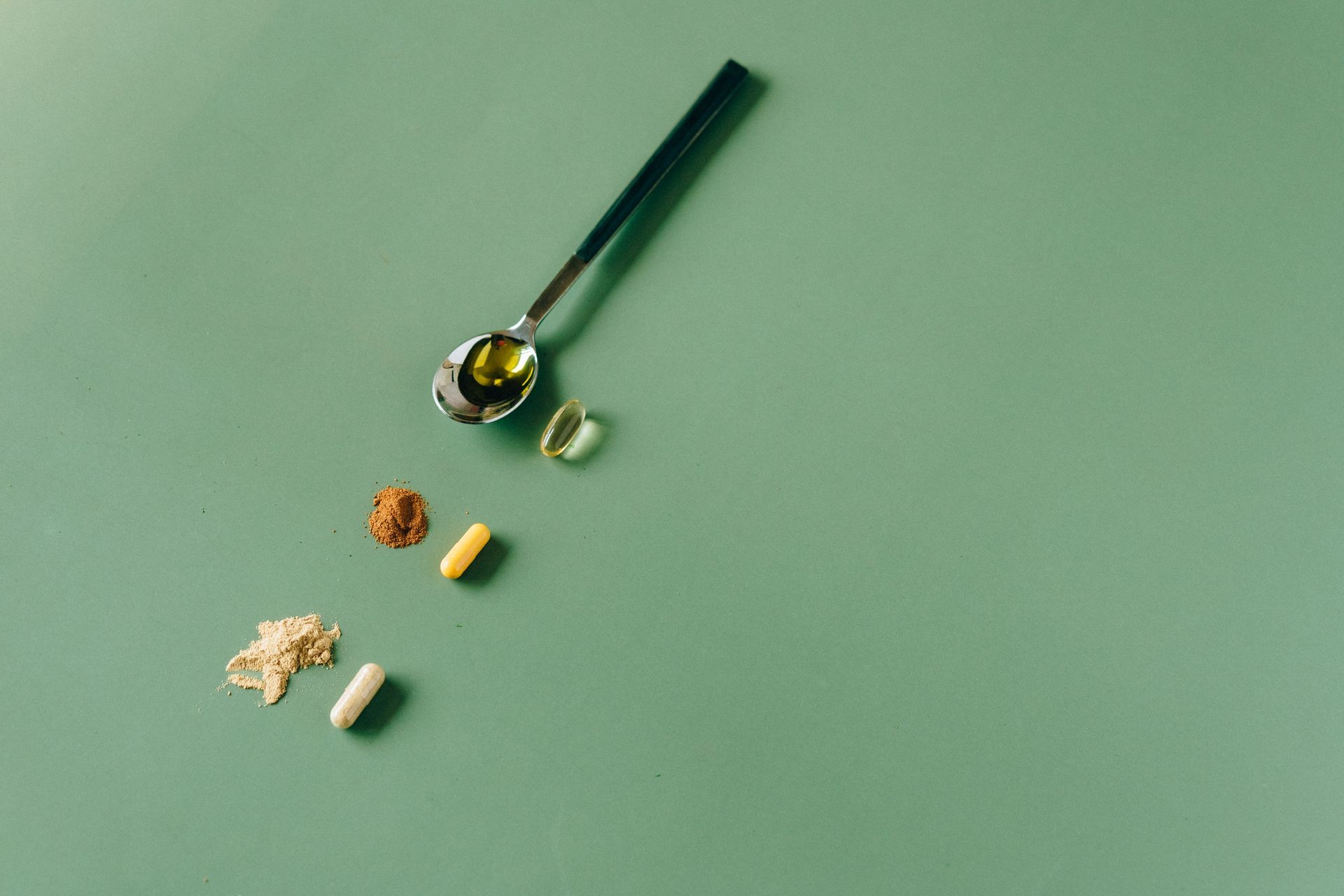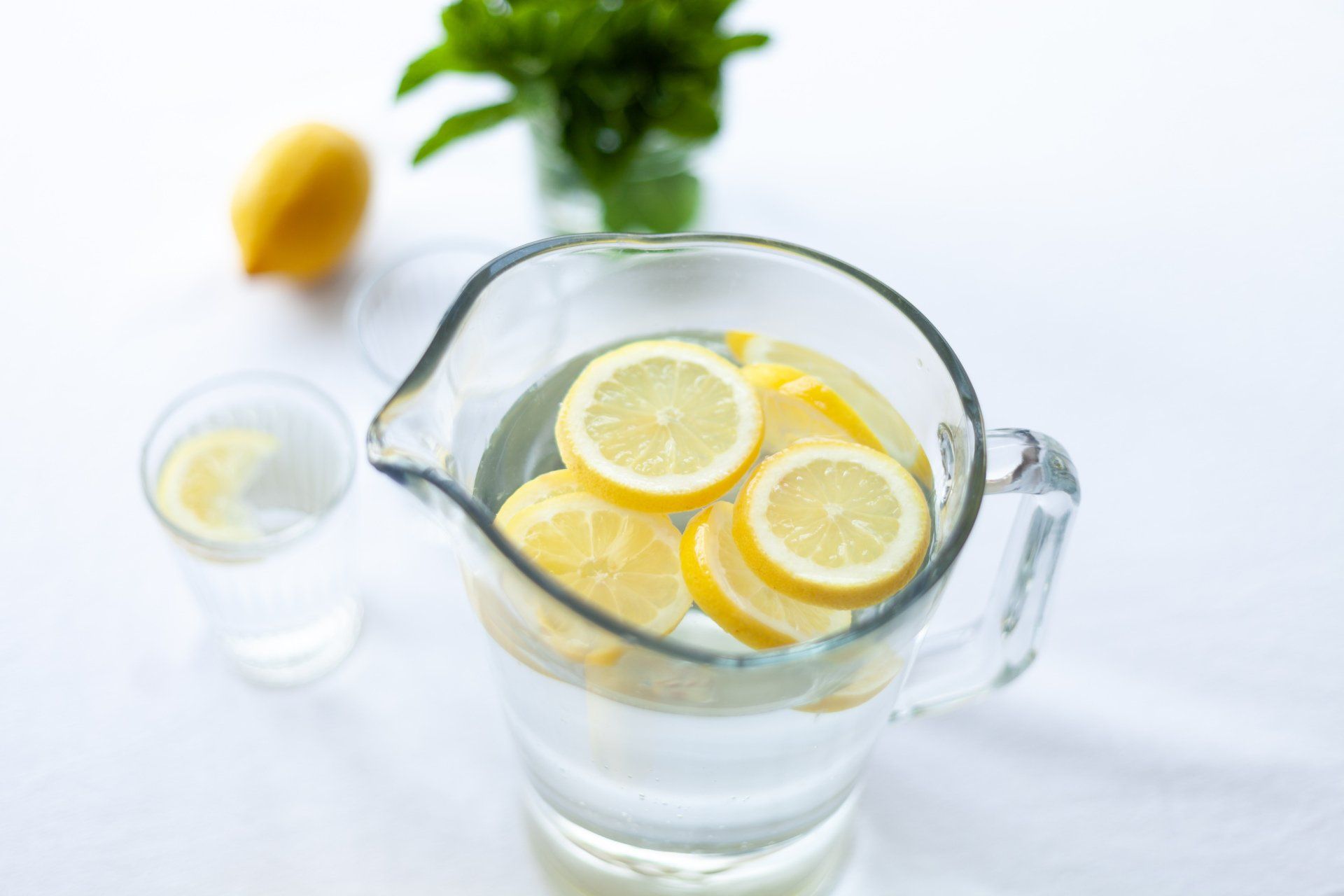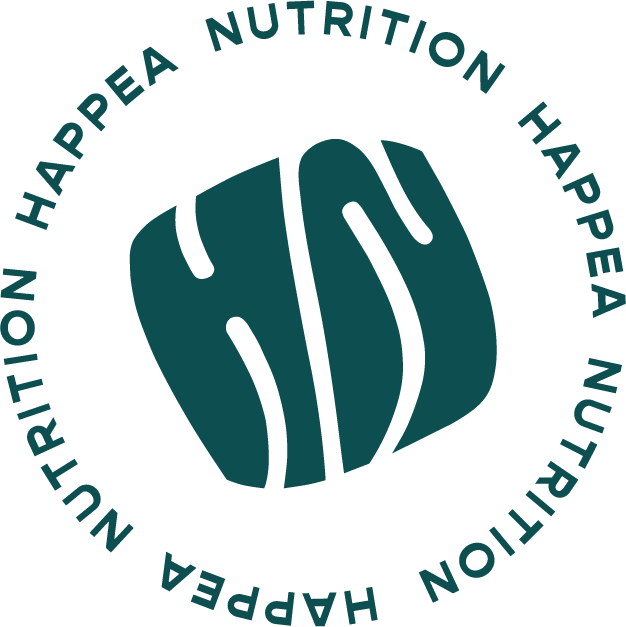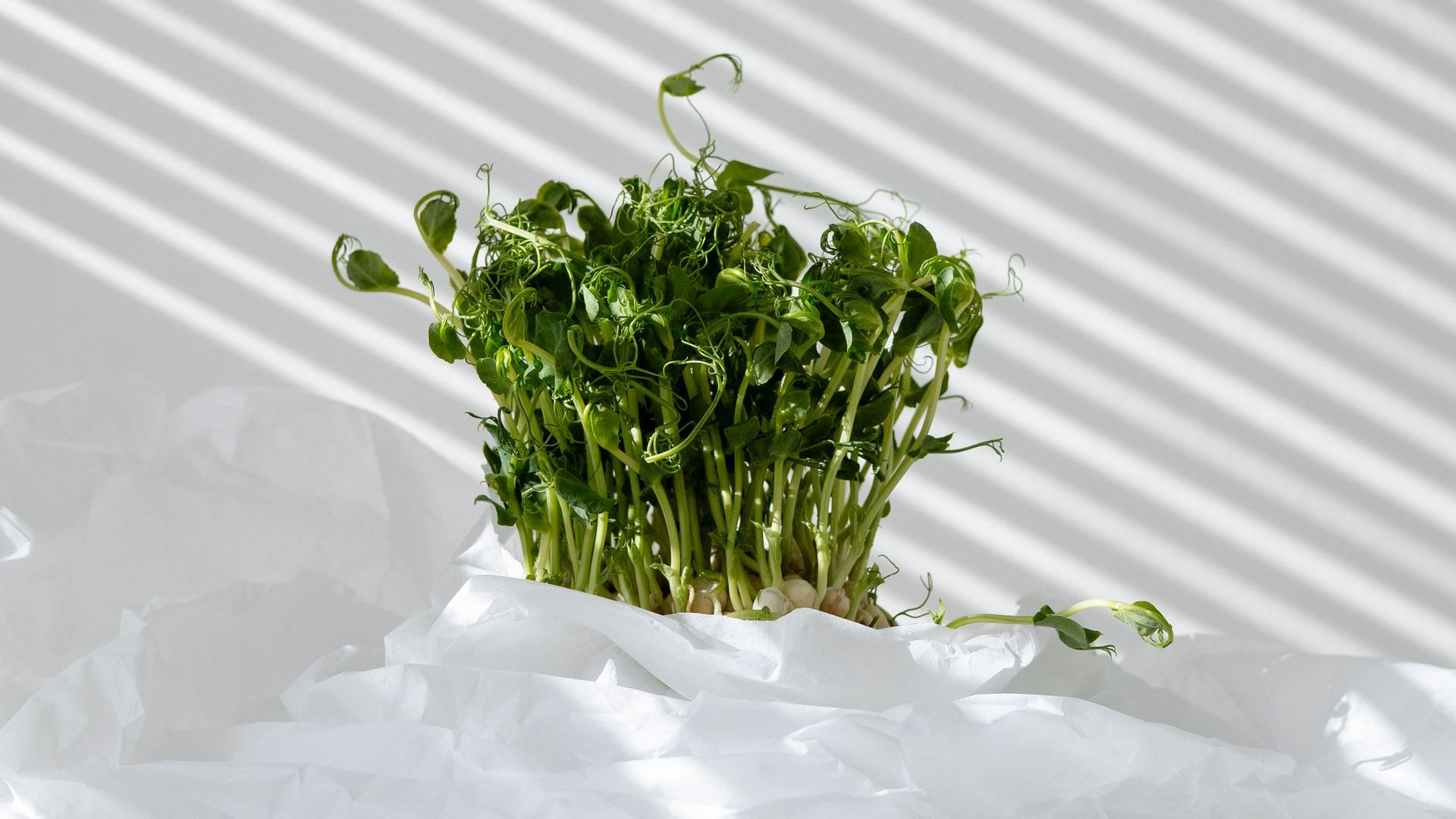Are seed oils inflammatory?
Ask any shirtless guy in the grocery store, and you will find out that seed oils are toxic. If you are taking advice from half-naked people screaming in grocery stores, you may already have a skewed view of what credible means but even some people who seem to be sane are saying that seed oils should be avoided. So what is it about these oils that’s so polarizing?
Are seed oils inflammatory?
While you hear this claim left and right, you likely don’t fully understand what that is supposed to mean other than it being bad. Neither do most people repeating it.
Inflammation is the body’s response to any agent that it identifies as foreign. It is what happens when your immune system responds to a virus, bacteria, or toxin that enters the system. Therefore, the claim that inflammation is always bad is wrong to begin with. It can be necessary for healing and warding off infections. Too much inflammation of course isn’t good, and when the inflammatory response becomes chronic, we may face long-term problems. Seed oil opponents will often claim that this chronic inflammation is caused by the substances present in the oils.
Seed oils are rich in polyunsaturated omega-6 fatty acids (PUFAs), also known as linoleic acid. When we consume linoleic acid - which in itself is not inflammatory - the body converts it to arachidonic acid. This compound is believed to be inflammatory. But it's not that easy. Inflammatory arachidonic acid compounds are not as easily formed in the human body from consuming dietary omega-6 as some would have you believe. Only about 0.2% of dietary linoleic acid ends up being converted to the inflammatory compound. What is more, we now have reason to believe that it has many functions in the human body, some of which are positive, so minimizing it to one of its functions is a classic case of cherry picking.
A lot of the research looking at inflammation was done in animals and if you have read previous articles, you know that this type of research can’t be used to make definitive conclusions about what happens in the human body. Research in humans has actually shown that higher intake of omega-6 fatty acids is associated with decreased levels of pro-inflammatory markers. Researchers can measure markers of inflammation in the blood. And when those were examined, it was found that higher levels of omega-6 PUFAs - including arachidonic acid - are associated with decreased levels of pro-inflammatory markers and increased levels of anti-inflammatory markers in the blood.
What about other diseases?
Seed oils are claimed to cause all sorts of terrible diseases. However, the current research suggests that consuming omega-6 PUFAs could reduce the risk of chronic diseases such as heart disease. This is because PUFAs help reduce low-density lipoprotein (LDL) - the blood lipid associated with increased risk for cardiovascular disease (known as bad cholesterol). The cardio-protective effects of PUFAs were observed when replacing them for saturated fat as well as carbohydrates. This further suggests that omega-6 PUFAs are not just the lesser evil but likely are beneficial.
Research in humans also suggests that higher intake of oils containing PUFAs could help improve insulin resistance, lowering the risk of type-2 diabetes as well as help control high blood pressure. Of course, oils should always be consumed as part of a healthy diet and more isn't better. But when consumed in amounts recommended, these oils seem to have more protective than toxic properties.
Are seed oils produced with toxic chemicals?
PUFAs may be beneficial but what about the toxic chemicals used in seed oil production? Influencers will often explain that the production process is the biggest problem. Why?
The technology used for oil extraction from seeds is solvent extraction. In this process, the chemical hexane can be used as a solvent. This chemical sounds scary and it surely can be highly toxic when it is inhaled or when people are exposed to it at very high doses. However, seed oils have minimal trace residues of hexane. Refined vegetable oils contain about 0.8 mg of residual hexane per kg of oil. This is very little, especially considering that most hexane exposure in our environment is not from food but from gasoline fumes. Hexane makes a great solvent because it has low boiling point, which allows for quick evaporation. It also helps pull more oil out of seeds.
The oil also needs to be heated, which results in some structural changes. Oil is heated in the process of deodorization. This is the last step of refining oils and removes undesirable components. Heating the oil may result in some of the unsaturated fatty acids transforming into trans-fats. That sure sounds scary, however the amounts of trans-fats in the final product are extremely low and likely nothing to be concerned about. Oil extraction is complex and could sound scary if you don't understand the process.
Heating oils at home is usually not of concern because we do not heat them to high enough temperatures for long enough. Some unfavorable structural changes may occur when oils are being reused (such as in commercial frying) and when they are used for deep frying, which requires high temperatures for a prolonged time. However, nobody would claim that any type of fried or deep fried food is healthy.
There's a little bit of truth in every lie
And that's why the seed oil hysteria won't go away. Even people who are well educated get hooked on this. Why? Because it is true that oil precessing changes it's structure. It is true that when exposed to high heat, seed oils change in an unfavorable way. It is also true that these oils are often found in foods that simply aren't healthy (highly processed foods).
But what is being missed is that (1) the structural changes still do not make the oils "inflammatory" as there has been research conducted using commercially pressed seed oils and outcomes were still largely favorable, (2) we rarely use temperatures high enough to make the oils as unhealthy as is often claimed, especially not in home cooking, and (3) nobody saying seed oils aren't bad for our health is saying that highly processed foods are healthy.
Maybe you are thinking there is no harm in telling people to stay away from seed oils since it may reduce consumption of highly processed foods. But that line of thinking is harmful and here's why: people should never be manipulated with scare tactics. You should be able to get any food you like and enjoy it because we know that, as long as overall diet is healthy, some "junk" can be part of it. Second, telling people seed oils are "toxic" results in reduced overall consumption. People will not consume canola oil as part of a healthy meal, won't use it for home cooking, and will avoid healthy meals prepared with these oils. That is harmful as omega-6 PUFAs are believed to be largely protective and should be recommended as part of a balanced diet. It also causes significant mental distress if people believe there are toxic compounds hiding everywhere.
The bottom line
Add seed oils back into your diet if you cut them out. Canola oil is an affordable and healthy cooking oil that will help you stay healthy. Of course, keep reducing your intake of highly processed foods and deep fried foods. But don't cut out all seed oils just because they are used in foods that aren't necessarily the healthiest. And unfollow anyone telling you to be scared of foods. Especially, if they aren't wearing a shirt in public.
Sources
- What is inflammation?
- Increasing dietary linoleic acid does not increase tissue arachidonic acid content in adults consuming Western-type diets: a systematic review
- Omega-6 Fatty Acids and Risk for Cardiovascular Disease
- The effects of Canola oil on cardiovascular risk factors: A systematic review and meta-analysis with dose-response analysis of controlled clinical trials
- Effects of oils and solid fats on blood lipids: a systematic review and network meta-analysis
- Solvent Extraction
- Ask the Expert: Concerns about canola oil
- Degradation and Nutritional Quality Changes of Oil During Frying
- Deodorization of vegetable oils. Part I: Modelling the geometrical isomerization of polyunsaturated fatty acids
Share this



